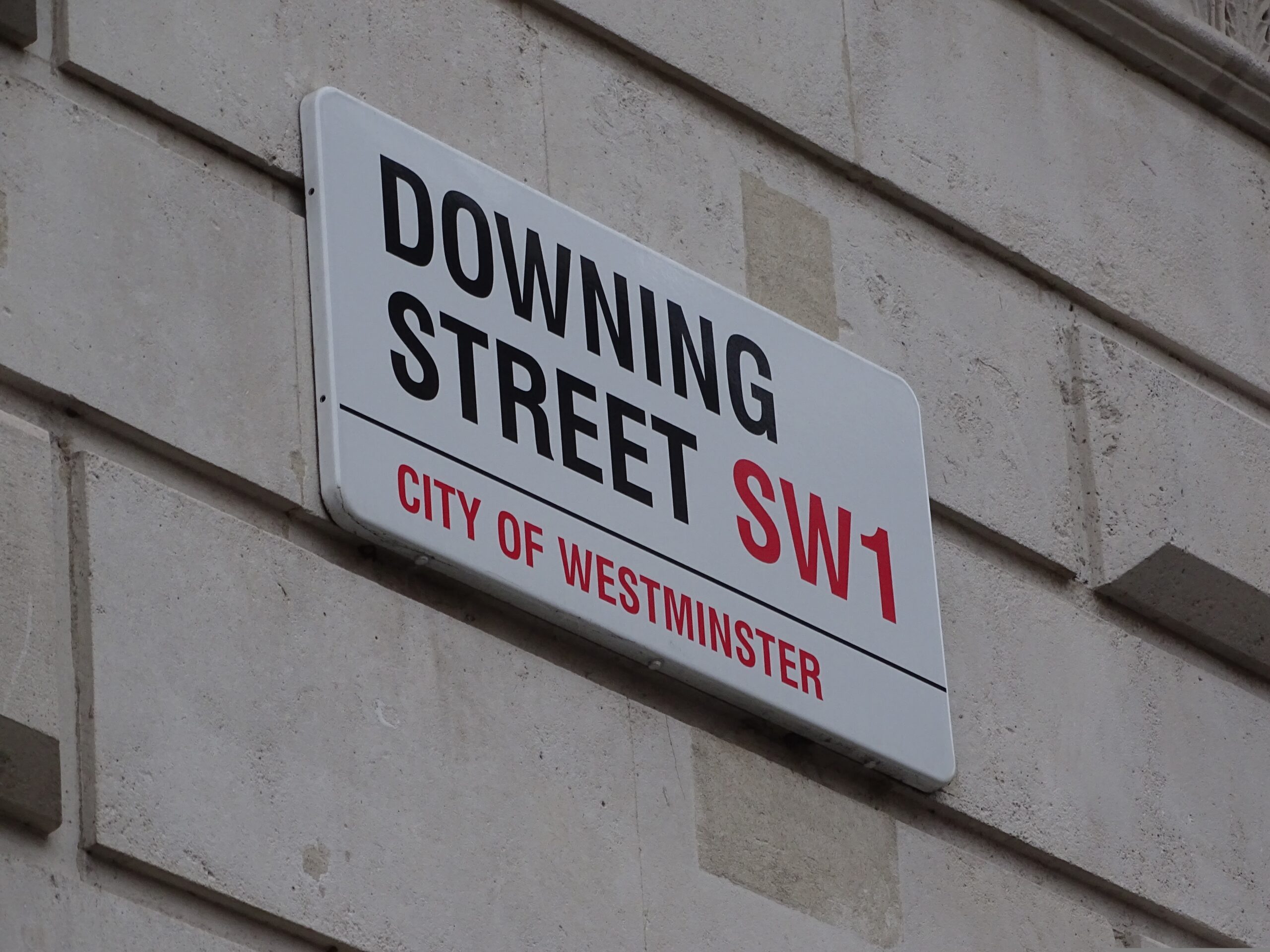Job offered at £107,000 as London Office for Data Analytics pilot indicates initial successes
The London chief digital officer will be responsible for overseeing the city’s smart tech agenda – Photo credit: PA
The London Mayor’s Office is seeking a chief digital officer for the city to lead its smart city agenda and increasing its use of data and emerging technologies.
The creation of the role, which is advertised at a salary of just under £107,000, was one of London mayor Sadiq Khan’s manifesto commitments when he ran for mayor in 2015.
The recruitment drive – which was originally expected to kick off in the summer last year – was launched yesterday, with Khan saying the chief digital officer would help transform London’s services.
“I want to take the digital transformation of our public services to the next level, so we can improve the ways in which we plan and deliver public services for Londoners,” said the mayor.
“I am delighted to begin my search for a Chief Digital Officer, so we can make London an even smarter smart city and use our incredible technological abilities to the best effect.”
Related content
London moves ahead with plans for chief digital officer
Bringing government data to life
The job advert said that the new recruit should be a “powerful advocate” for technology, with good communication and diplomatic skills.
They will be tasked with will be tasked with boosting London’s reputation as a smart city and collaborating with partners from both government and tech sectors.
The chief digital officer will work with the Greater London Authority, the Mayor’s Office, and London’s 33 local authorities, as well tech companies and start-ups in the city, the advert said.
The move was welcomed by industry body TechUK, with chief executive Julian David saying that if it was done right, it would “send a beacon around the world that London is streets ahead when it comes to tech”.
However, he added that it “will not be a straightforward role”, and that it would require good leadership across a range of stakeholders, as well as proper backing from the mayor’s office.
“It is key that this role has capacity and resource to make sure the Mayor’s vision for London’s digital future is translated into delivery,” he said.
‘Debunking the myths’
The chief digital officer is also likely to be faced with tempering over-enthusiasm for some areas of technology within sector.
At a conference last week, Andrew Collinge, assistant director at the GLA who leads on data analytics work at the authority, said that a large part of his role was “debunking some of the myths [and] tempering the hype”.
Collinge, who was speaking about the London Office for Data Analytics pilot – which is aiming to improve data sharing between the 33 boroughs – said that a big part of his role was help “develop the permissive cultures” that data sharing needs.
He said that the initial work – using various datasets to train computer systems to predict buildings that are likely to be houses of multiple occupancy (HMOs) and so allow authorities to carry out more targeted investigations – was showing initial signs of success.
“The early signs that it will, through the appropriate data science model, show an improvement in our ability to identity HMOs,” he said, adding that he wanted this to “pave the way” for further studies.
“Air quality is a big priority for the mayor,” he said, adding that at the moment the city has a lot of expensive monitors spaced far apart and that the next challenge was how to combine that data with cheaper sensors data to help monitor air quality.
However, he also noted the difficulties the project had faced in getting data of the right standard for the work, saying that, although there had initially been 15 authorities that were “mustard keen” to get involved, when it came down to it, there were only six that had good enough quality data.
Collinge said this showed the amount of work still to be done, and stressed the importance of creating common data standards across the capital, which is something that is also picked up on in the job description for the London chief digital officer role.
He added that councils should also work to increase their understanding of data analytics systems, such as algorithms, and work together to prepare for the General Data Protection Regulation.



